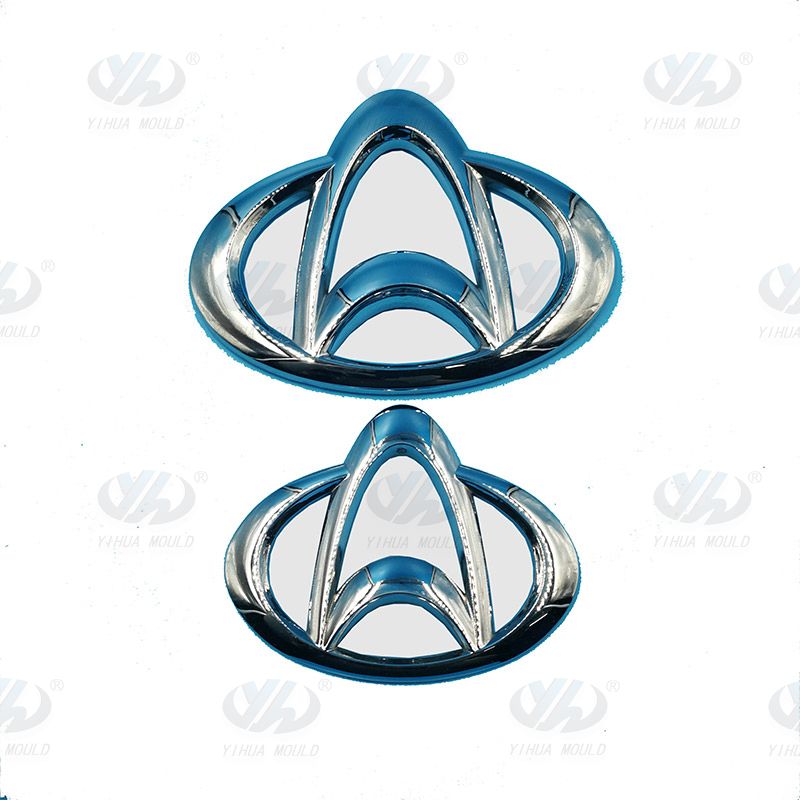Why Should Companies Prioritize Pneumatic Valve Exports?
Pneumatic valves play a critical role in various industries, ranging from manufacturing to automotive and aerospace sectors. Given their importance, companies should prioritize pneumatic valve exports as a strategic move to drive growth, enhance competitiveness, and expand market reach. Below are the key reasons why focusing on pneumatic valve exports is vital for businesses today.
1. Expanding Global Demand
The global market for pneumatic valves is experiencing significant growth, driven by the rapid industrialization and modernization of manufacturing processes in emerging economies. Countries in Asia-Pacific, Latin America, and parts of Africa are investing heavily in infrastructure and automation, leading to a surge in demand for efficient control mechanisms, including pneumatic valves. Companies prioritizing exports can capitalize on this burgeoning market, thus ensuring sustained revenue growth.
2. Diversification of Revenue Streams
Relying solely on domestic markets poses risk, especially in times of economic downturns or regional instabilities. By investing in pneumatic valve exports, companies can diversify their revenue streams, reducing dependence on local markets. This approach not only cushions businesses against volatility but also opens opportunities to tap into various international markets, each with its distinct demands and growth potential.
3. Competitive Advantage
Entering the export arena allows companies to establish themselves as key players in the pneumatic valve industry. By developing a strong export strategy, businesses can enhance their brand visibility and reputation on a global scale. This competitive edge becomes increasingly crucial in a crowded market where differentiation is key. Moreover, engaging with international partners can lead to beneficial collaborations and technological advancements that strengthen a company’s product offerings.
4. Innovation and Product Development
Focusing on exports necessitates a commitment to innovation. Companies aiming to compete globally must invest in research and development to meet diverse market requirements and regulatory standards. This emphasis on innovation not only improves product quality but also drives continuous improvement. As businesses adapt to various market needs, they often discover new applications and enhancements for their pneumatic valves, further solidifying their market position.
Recommended article:4 Tips to Select a Reliable Pneumatic Solenoid Valve Exporter
Understanding Copeland Air Conditioning Scroll Compressors
How to Choose Between Rooftop Parking and Backpack Parking Air Conditioners?
How to Choose the Right Belleville Spring Washer
Understanding Belleville Disc Springs: Key Benefits Explained
Industrial Heat Exchangers Explained
What Are Lock Stamping Parts for Construction?
5. Leveraging Economies of Scale
Exporting pneumatic valves allows companies to increase production volumes, which can significantly lower manufacturing costs. By reaching a broader market, businesses can achieve economies of scale that enhance profitability. As production ramps up, fixed costs are spread over a larger number of units, resulting in lower per-unit costs. This financial advantage can be reinvested into further growth initiatives, research, and development efforts, or passed on to customers in the form of competitive pricing.
6. Strengthening Customer Relationships
Engaging in pneumatic valve exports can lead to stronger and more sustainable customer relationships. By entering new markets and establishing a presence abroad, companies can better understand the specific needs and preferences of their international customers. This insight fosters long-term partnerships and customer loyalty, which are invaluable in today’s business landscape. Building trust and delivering on promises enhances a company’s reputation and customer satisfaction.
7. Adaptability to Market Dynamics
The global marketplace is often dynamic, with rapid changes in regulations, technologies, and consumer preferences. Companies that focus on exports are inherently more adaptable, as they are accustomed to navigating diverse environments. This adaptability not only helps businesses stay ahead of the curve but also equips them to respond promptly to emerging trends, ensuring they remain relevant in the fast-paced industrial landscape.
In conclusion, prioritizing pneumatic valve exports is not merely an option for companies; it is a fundamental strategy for sustainable growth and industry relevance. By tapping into global demand, diversifying revenue streams, fostering innovation, and building strong customer relationships, businesses can position themselves at the forefront of the pneumatic valve market.
Want more information on 2 2 pneumatic solenoid valve export, Fluid Automation Systems Solenoid Valve wholesaler, Automotive Solenoid Valve China? Feel free to contact us.
Recommended article:How to Choose the Right Conical Washers?
Benefits and Applications of Industrial Panel PCs
2024 Guide to Round Metal Clips Stamping
What Are Cone Shaped Springs Used For?
What Are the Key Benefits of Belleville Washers?
What Are Wavy Springs and How Do They Work?
Electronic component feeder an efficient and automated production tool
- Previous: 4 Tips to Select a Reliable Pneumatic Solenoid Valve Exporter
- Next: None



